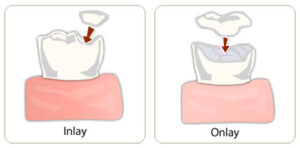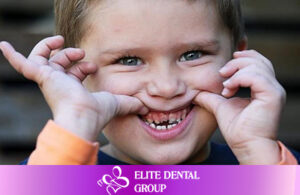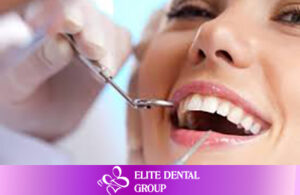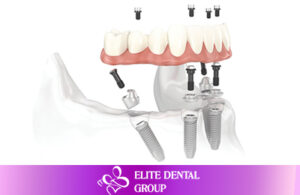Table of content
The temporomandibular joint (TMJ) is the joint that connects the jaw to the temporal bones of the skull. TMD occurs when there are problems with the muscles and jaws in the face. It’s often hard to know for sure if you have TMD, because one or all of these symptoms can also be present for other problems.
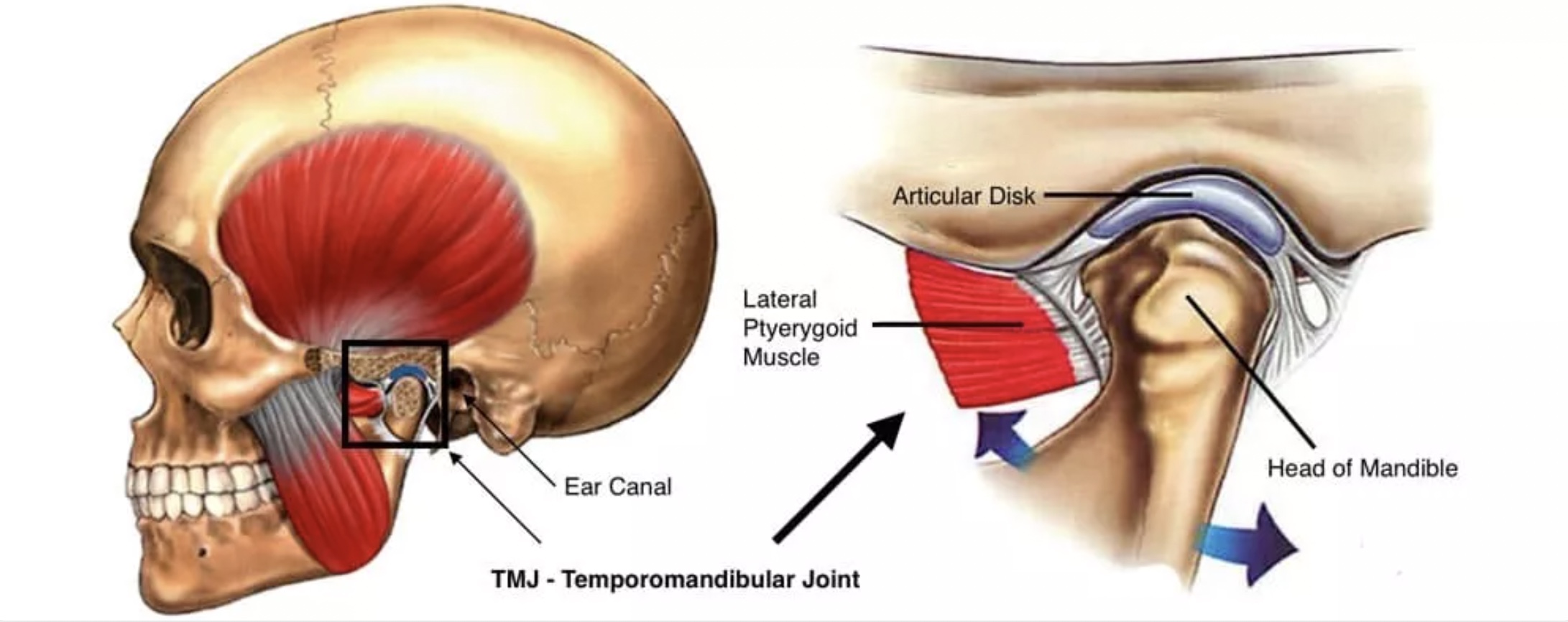
At Elite dental we have experts that can help make a proper diagnosis. Some of the most common TMD symptoms include:
- Pain in the face, jaw or ear area;
- Headaches, earaches, and pain and pressure behind the eyes;
- A clicking or popping sound when opening or closing the mouth;
- Jaw that “gets stuck”, locks or goes out of place;
- Tenderness of the jaw muscles.

Most people with TMD have relatively mild or periodic symptoms that may improve on their own within weeks or months with simple home therapy. Self-care practices, such as eating soft foods, applying ice or moist heat, and avoiding extreme jaw movements (such as wide yawning, loud singing, and gum chewing) are helpful in easing symptoms.
Experts strongly recommend using the most conservative, reversible treatments possible. Conservative treatments do not invade the tissues of the face, jaw, or joint, or involve surgery. They include:
1/ Medicine
- Nonsteroidal anti-inflammatory drugs (NSAIDs) help relieve muscle pain and swelling.
- Muscle relaxants help loosen tight jaw muscles. These can be useful to people who grind or clench their teeth.
- Anti-anxiety medicines help relieve the stress that is sometimes thought to make TMD worse.
- Antidepressants can be used in low doses to reduce or control pain.
2/ Splints
Splints are designed to fit over the teeth. They prevent the upper and lower teeth from coming together. This makes it difficult for you to grind or clench your teeth. These devices take pressure off the jaw joints and muscles, allowing them to relax and heal. Our expert will determine when you should wear it (during the day or at night) and for how long.
None of these treatments are cures, but they may relieve the symptoms of TMD. If symptoms continue or return, be sure to see your dentist.
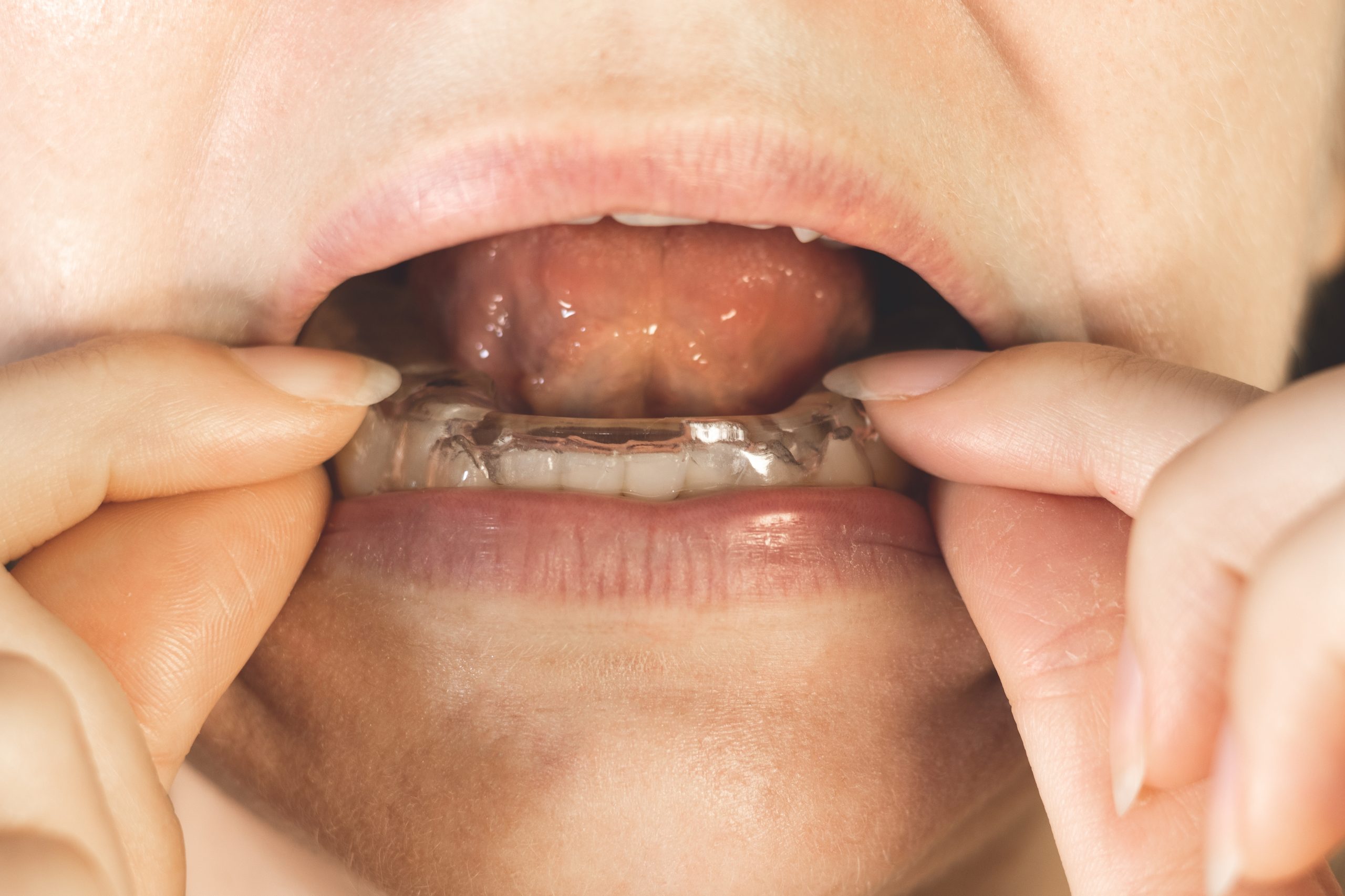
3/ Practice
- Yawn and chew (especially gum or ice) as little as possible.
- Avoid extreme jaw movements, such as yelling or singing.
- When you need to yawn, place a fist under your chin and press up. This can keep your mouth from opening too wide.
- Try to remember to keep your teeth slightly apart as often as you can. Keep in mind that it is natural for your jaw to open a little if your lips are closed.
- Sleep on your back, not on your stomach.
- Don’t rest your chin on your hand or hold the telephone between your shoulder and ear.
- Try to reduce stress.
The above steps are recommended to patients as a helpful resource to provide guidance in making your health care decisions.
Related posts: > Transform you smile with porcelain veneers > A new smile for a new you > 4 steps to take care of you dental implants

